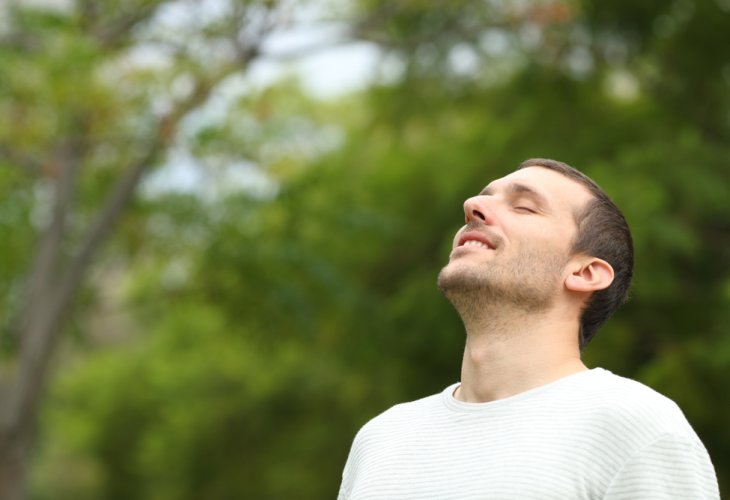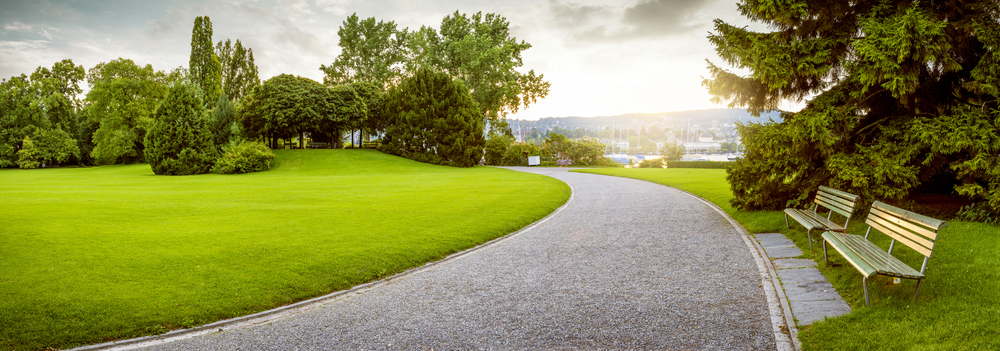Discover the Surprising Benefits of Spending Time in Nature
If the only "nature" you experience is a potted plant in your office, it's time to reconsider your routine. New research reveals remarkable benefits of being in nature. The clear recommendation: go outside.
 (Photo: Shutterstock)
(Photo: Shutterstock)Spending time in nature, even just once a week, can significantly improve your health and mental wellbeing. This is what dozens of studies and experiments over the past 20 years at various universities and research institutes have shown. According to the research, being in nature can elevate your mood, reduce stress and anger, greatly enhance physical health, and even boost confidence and self-esteem.
Lisa Nisbet, PhD, a psychologist and nature connection researcher from Canada, says, "A person can improve their mood just by taking a walk in nature, even in an urban environment. Additionally, the sense of connection one develops with nature contributes to lasting happiness, even when they're not physically in it."

Studies and Cognitive Benefits
Psychologist Marc Berman and his student Kathryn Schrader from the University of Chicago conducted several research experiments and found that green spaces near schools significantly promote children's cognitive development.
In another experiment, Australian researchers asked students to perform a monotonous task where they had to press a computer key when certain numbers flashed on the screen. Students who looked out at a blooming green roof for 40 seconds during the task made significantly fewer mistakes than those who paused for 40 seconds to look at a concrete roof.
In further research, Berman and his colleagues found that people who listened to natural sounds like cricket chirps and breaking waves performed better in cognitive tests than those who listened to urban noises.
Research conducted on Danish residents examined data from more than 900,000 individuals born between 1985 and 2003. Using satellite data, researchers evaluated children's exposure to greenery from birth to age 10 and then compared this to each individual's mental health data.
The findings were astounding: researchers discovered that children in neighborhoods with green spaces had a reduced risk of psychiatric disorders later in life, including depression, mood disorders, schizophrenia, eating disorders, and more. Conversely, children with less exposure to green spaces between ages 0-10 were 55% more likely to develop mental illnesses.

What About Nature Photos and Videos?
Researchers compared test results of people who spent time in nature with those who watched nature videos. Here too, the findings were surprising: any exposure to nature—either in person or through video—led to improvements in attention and positive emotions. However, the impact of nature walks was stronger.
How Much Time Should You Really Spend in Nature?
A representative study of nearly 20,000 adults in England found that people who spent at least two hours in nature during the week reported significantly better health and wellbeing. This was consistent across all groups, including adults and those with chronic health issues.
A survey of 4,515 UK residents found that people felt more rejuvenated after visiting rural and coastal areas compared to spending time in urban green spaces like parks. Nonetheless, urban nature can also be beneficial to our mental health, so if you have just a few minutes each day to connect with nature, it's better to take advantage of it and enjoy.

